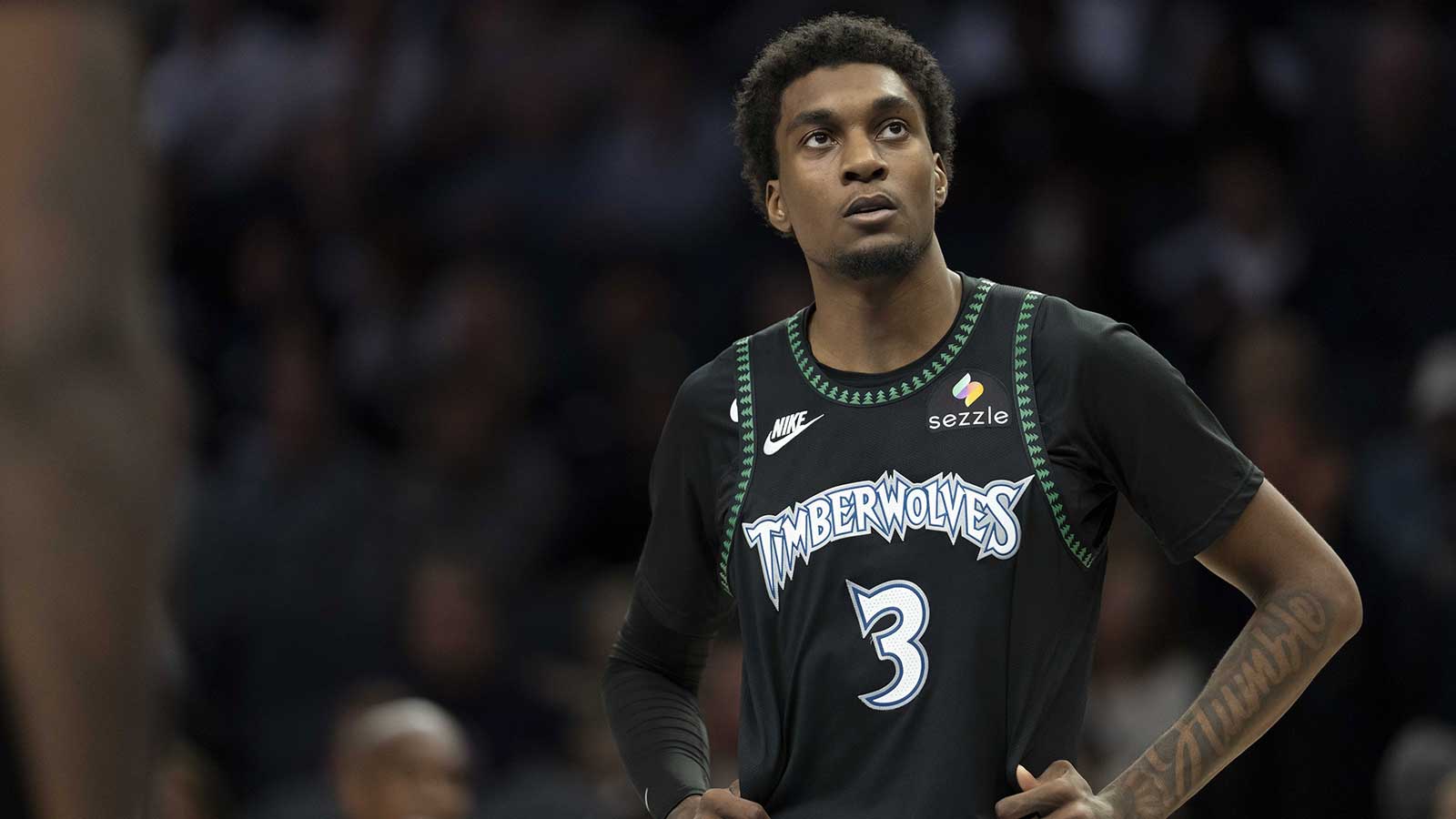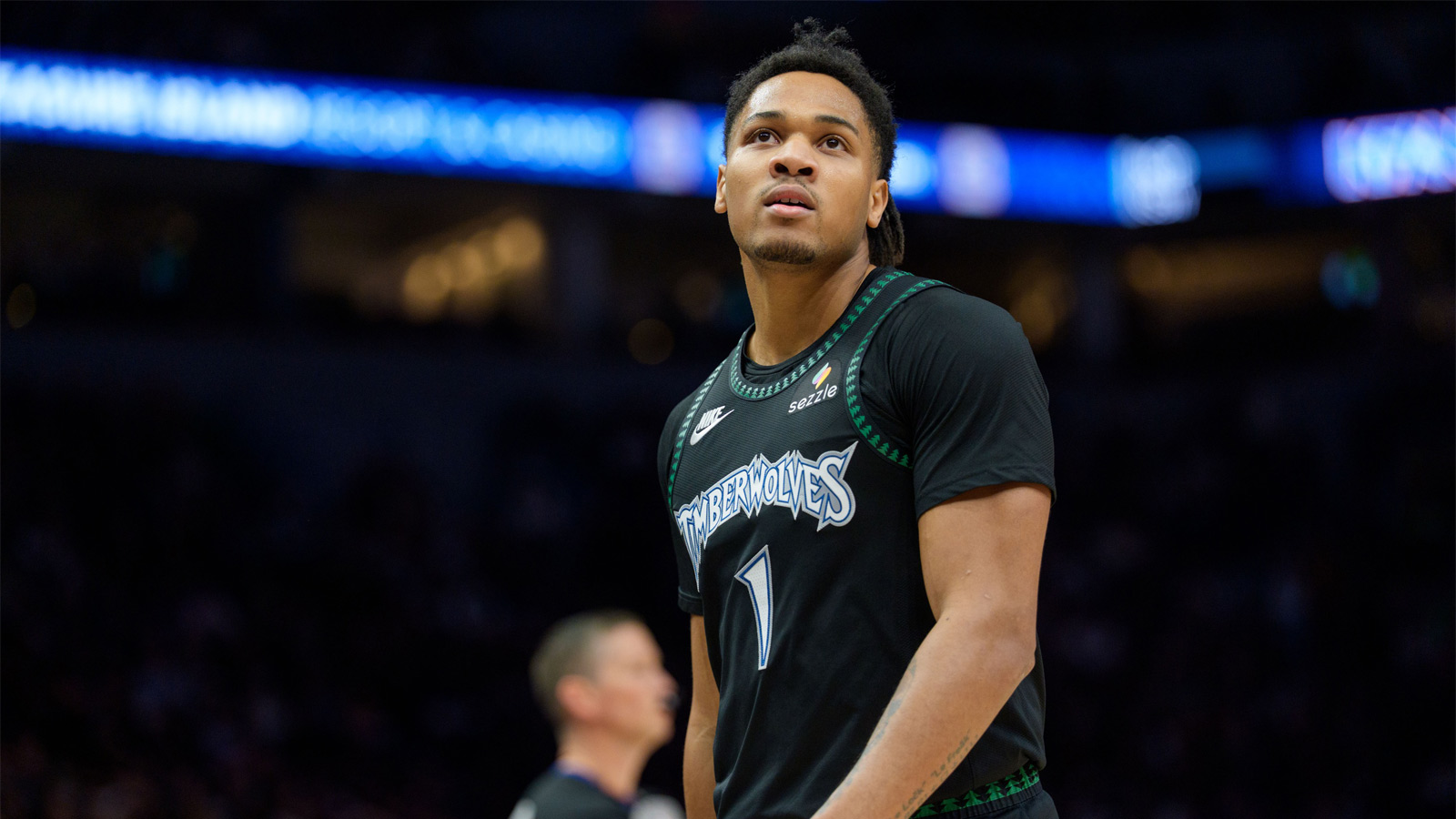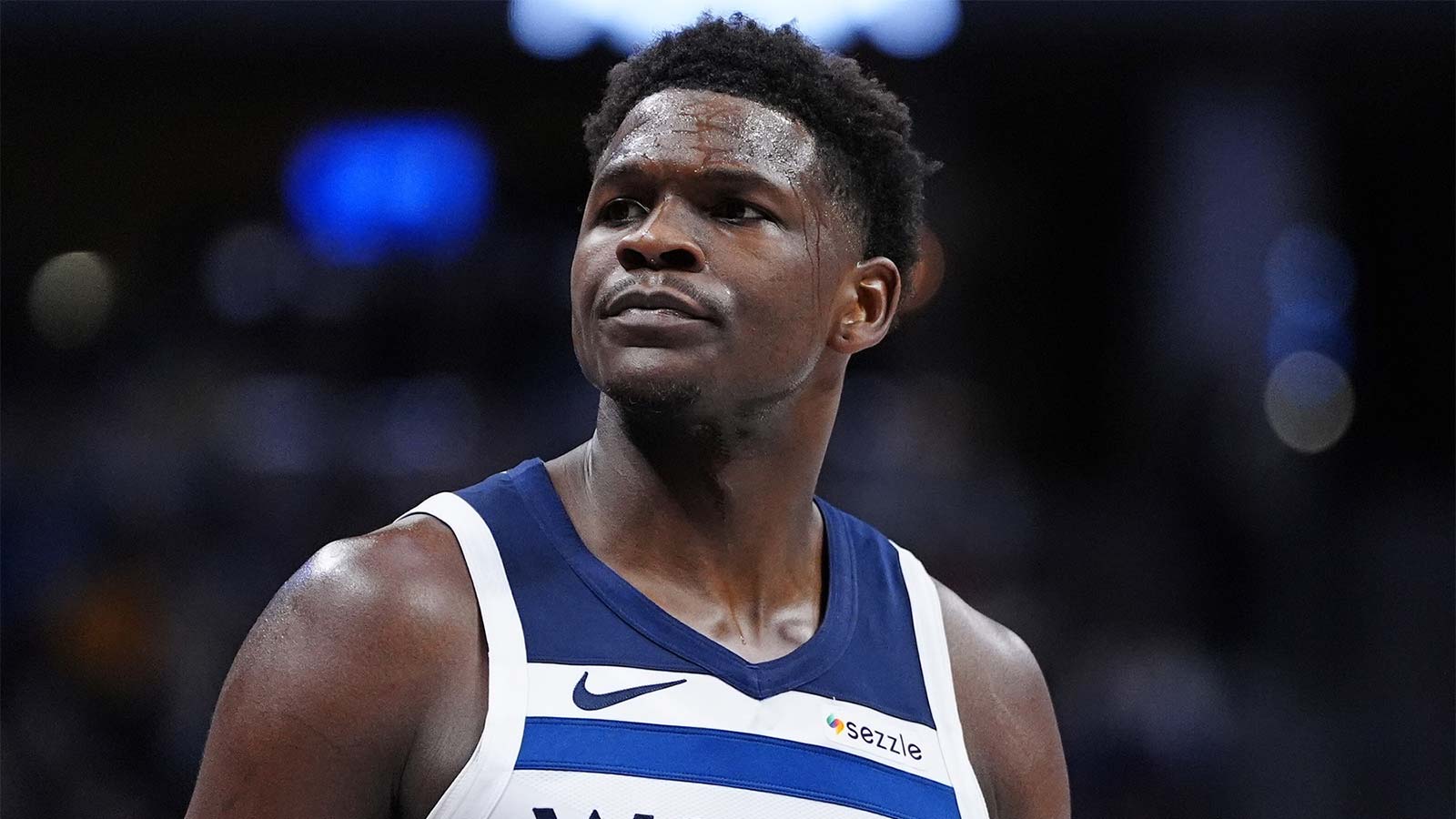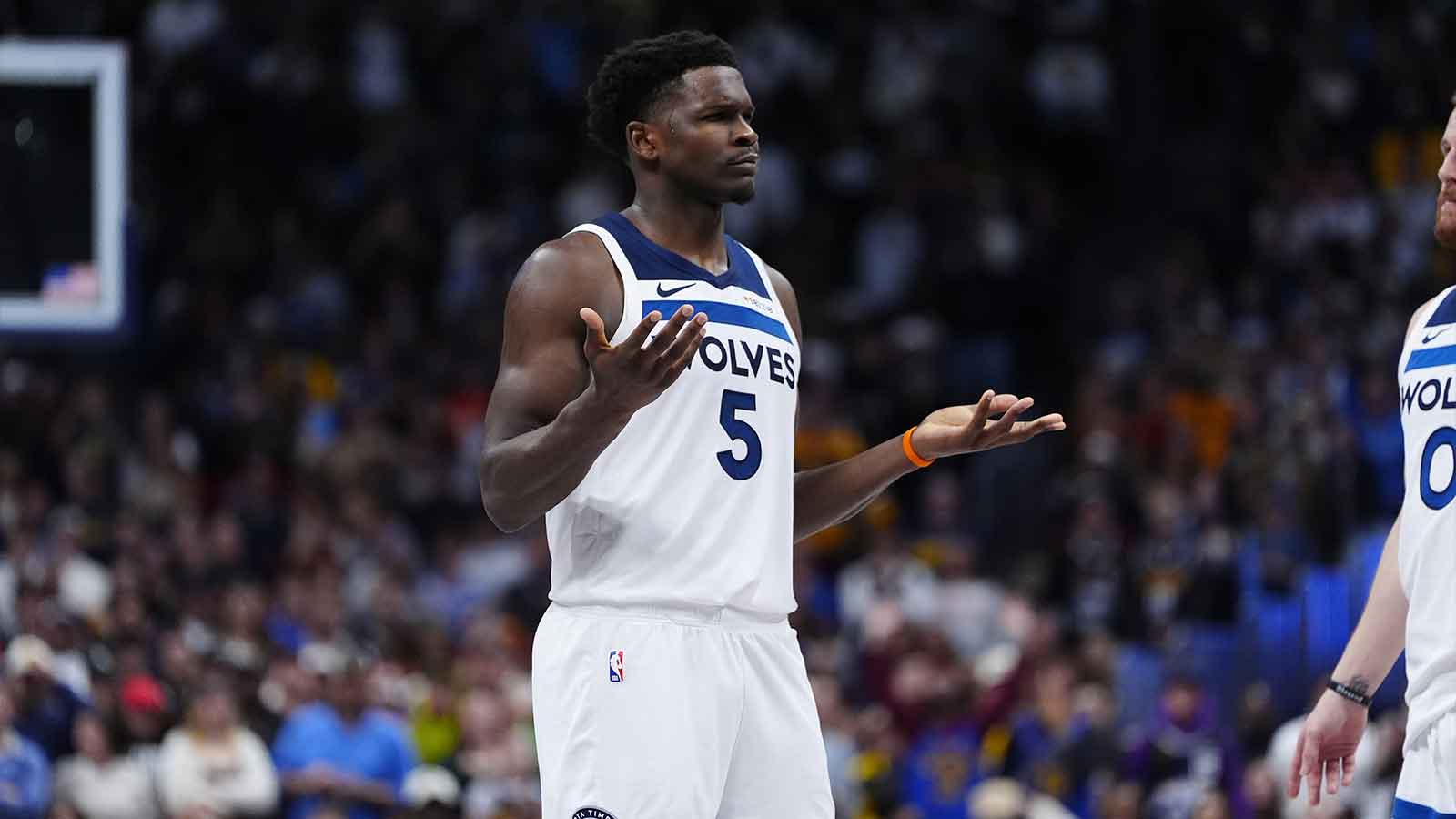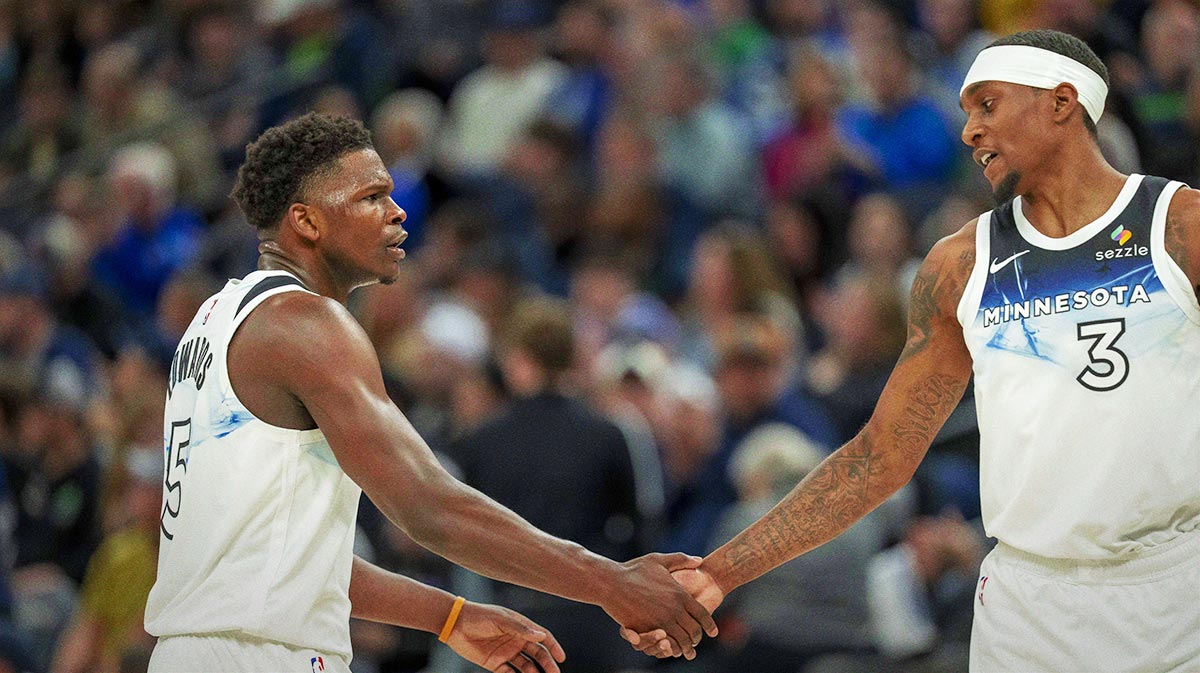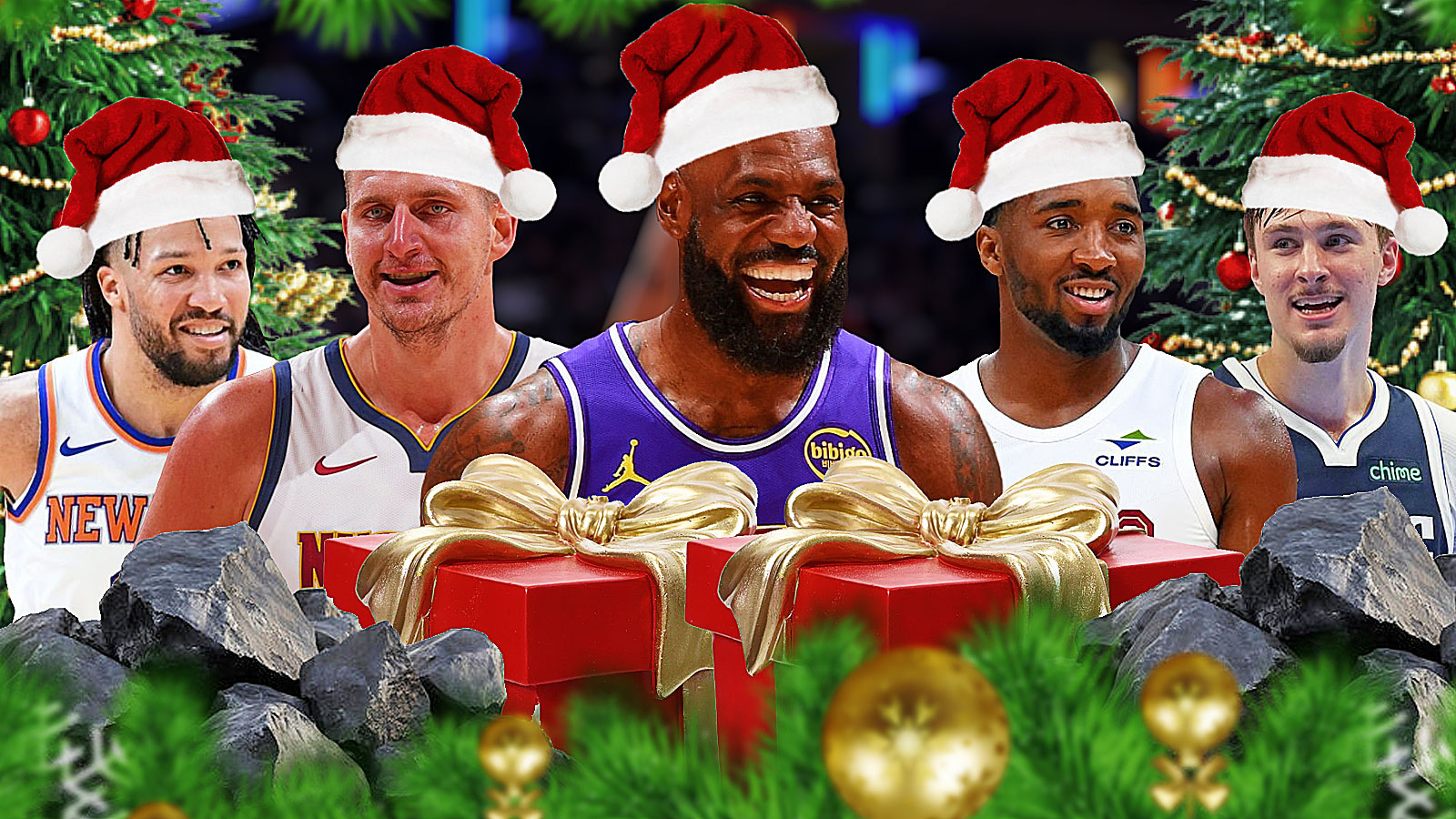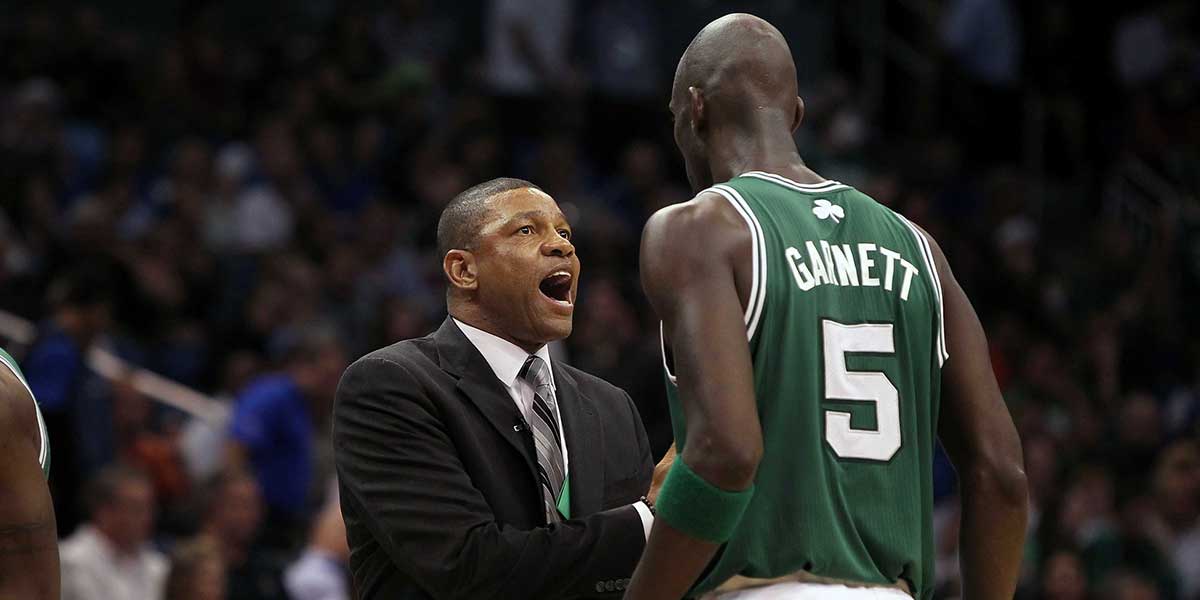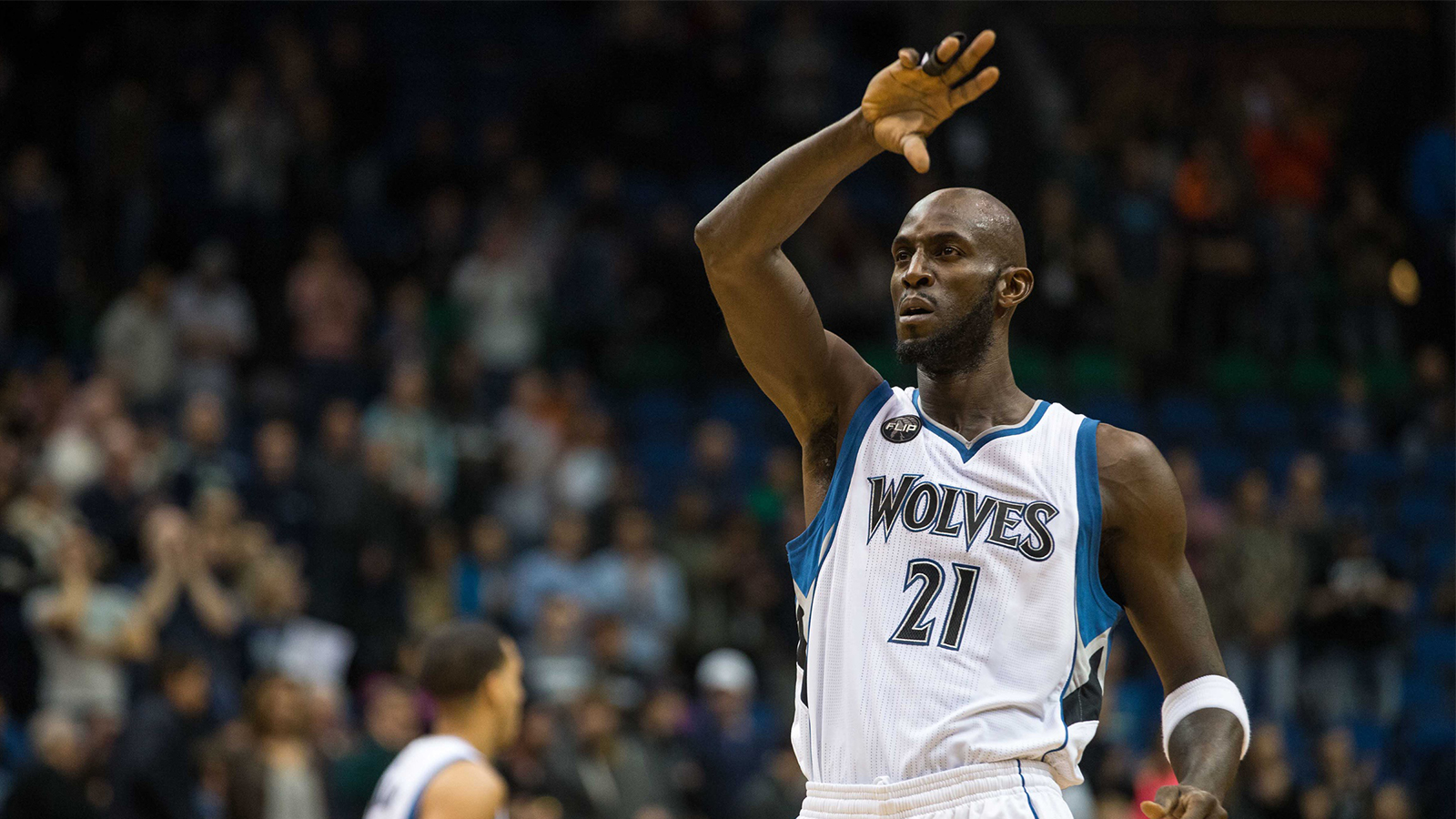When the Minnesota Timberwolves signed unrestricted free agent center Jordan Bell to a one-year contract worth the league minimum $1.6 million, the move was relatively low on the radar for those following the NBA's frantic offseason. Despite not being a flashy name, Bell definitely helps improve a team needing assistance on defense while not financially crippling the organization in the future, though.
The Chicago Bulls selected Jordan Bell with the eighth pick in the second round (38th overall) of the 2017 NBA Draft. The Golden State Warriors quickly swooped in and purchased Bell's draft rights from the Bulls for $3.5 million.
Bell, 24, has spent his first two seasons playing for the world-class Warriors organization, competing for the Larry O'Brien trophy in both years of his brief NBA tenure. Bell brings the knowledge and experience of a well-run team with perpetual title-seeking aspirations as he moves to the Twin Cities to shore up the T-Wolves' frontcourt.
Bell will likely not start, but the 6-foot-9 big man will provide much-needed depth. Further, Minnesota signing the University of Oregon product can now expect great defense and, if they need it, can position Bell with center Karl-Anthony Towns in the frontcourt as a good running mate to the defensively maladjusted former Rookie of the Year in Towns.
In his rookie season, Bell posted a 104.3 Defensive Rating, per NBA.com's statistics portal. The next year that number was worse at 111.2, but the California native is seriously a strong defender and shot-blocking threat. In 125 career games, and only 16 regular-season starts, Bell averaged 0.9 blocks per game—but that was in 12.8 minutes per game. Per 36 minutes, Bell blocks 2.4 shots a contest.
The other advanced metrics waver on Bell's defensive impact, with ESPN's Defensive Real Plus-Minus (DRPM) reading -0.46—good for middle of the pack in the entire league—and his Defensive Box Plus-Minus, per Basketball-Reference, at 2.8; but the point remains that Bell is a solid defender whose little minutes contribute to metrics unable accurately measure Bell's impact.
Minnesota made a similar move in signing free agent power forward Noah Vonleh, who last played for the New York Knicks during the 2018-19 season. Vonleh is a similar creature to Bell—a 6-foot-9 versatile big man who earns his stripes defensive tough matchups and doing the dirty work for his team. Vonleh, however, is a better ball-handler than Bell.
Bell is also a steady vertical threat for the Timberwolves. In Bell's 215 career field goals converted, 76 of them have been via slam dunks. Should Minny get their issues at point guard solved in the near future—although they allowed Derrick Rose to sign with the Detroit Pistons in free agency and failed to match the Memphis Grizzlies' offer for Tyus Jones—Bell would absolutely be an option as the roll man screening and slipping his way to the rack for dunks—presenting a challenge for opponents attempting to corral Bell and leading to more trips to the foul line for the Wolves.
Bell is a willing passer when he wants to be, thus implying his screens and catches going to the basket could lead to distributing the ball around the perimeter for bail-out options should he be tightly contested at the rim. Bell has averaged 3.5 assists a game per 36 minutes.
The Timberwolves have plenty of questions that still need answering, but the addition of Bell should help their team in multiple ways depending on how they intend to use the NBA champion. He's not exactly a dominant post player like Towns, but he can be used exquisitely by intelligent teams who can maximize Bell's value as a screener, lob threat, and defensive salve in big time moments.








